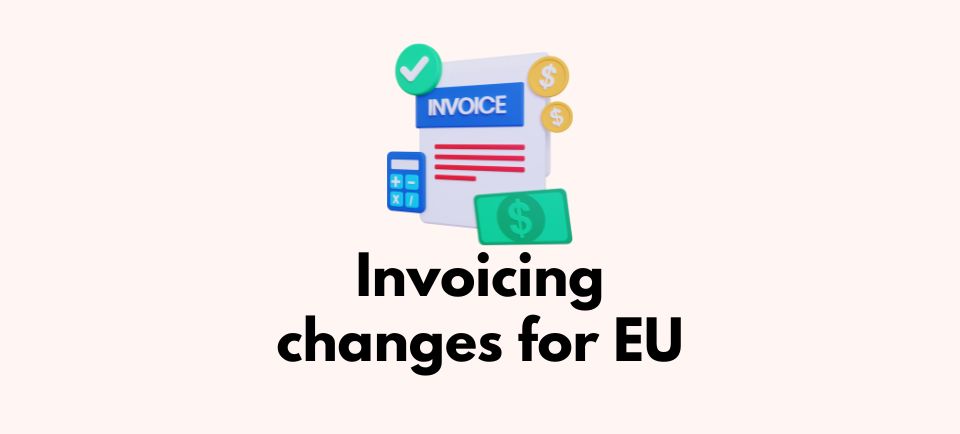On August 1st, 2024, Amazon implemented a series of significant changes impacting sellers across several European countries, including Poland, Germany, France, Italy, and Spain. These adjustments primarily focus on tax regulations, invoicing procedures, and overall compliance with European Union (EU) directives, marking a substantial shift in how Amazon operates within these markets.
Key Changes Introduced by Amazon
1. Invoicing and VAT Adjustments:
One of the most notable changes involves the shift in how sellers are required to handle their invoicing and VAT (Value Added Tax). Previously, sellers in these countries would invoice Amazon Services Europe S.à r.l., based in Luxembourg. However, under the new regulations, sellers must now invoice Amazon EU S.à r.l., which is headquartered in Germany. This change aligns Amazon’s operations more closely with local tax jurisdictions.
For sellers, this means that VAT will now be automatically deducted at the local rate (e.g., 23% in Poland, 19% in Germany). Sellers will have the responsibility to reclaim these VAT amounts by submitting the appropriate declarations to their local tax authorities. This new process is designed to streamline VAT compliance across the EU but may require sellers to adapt their accounting practices accordingly.
2. Changes in Seller Central Fees:
Another significant alteration involves adjustments to the fees associated with using Amazon’s Seller Central platform. While Amazon has not universally increased fees, there have been targeted changes in certain categories, particularly in logistics and storage costs for Fulfillment by Amazon (FBA) services. These adjustments reflect Amazon’s ongoing efforts to optimize its supply chain and cost structures in light of rising logistics costs across Europe.
3. Enhanced Compliance Requirements:
Amazon has also introduced more stringent compliance requirements to ensure that all sellers adhere to local and EU-wide regulations. These include enhanced verification processes for new sellers, stricter product listing standards, and more rigorous enforcement of intellectual property rights. Sellers may experience increased scrutiny during the onboarding process and when listing new products, ensuring that only legitimate and compliant goods are sold on the platform.
4. Impact on Small and Medium-Sized Enterprises (SMEs):
These changes are likely to have a mixed impact on SMEs. On one hand, the streamlined VAT process and enhanced compliance measures can help create a more level playing field, reducing the prevalence of non-compliant sellers and counterfeit goods. On the other hand, the increased administrative burden associated with VAT reclaims and compliance may present challenges, particularly for smaller sellers with limited resources.
5. Strategic Implications for Amazon:
From a strategic perspective, these changes reflect Amazon’s broader efforts to align more closely with European regulations and strengthen its position in the EU market. By shifting tax handling and compliance responsibilities to a more localized model, Amazon is not only ensuring compliance with EU directives but also potentially mitigating future regulatory risks. This move could also be seen as part of Amazon’s strategy to deepen its integration into the European market, making it more resilient to external pressures such as tax policy changes and regulatory scrutiny.
Conclusion
The changes implemented by Amazon on August 1st, 2024, represent a significant shift in how the company interacts with sellers across Europe. While these changes aim to enhance compliance and streamline operations, they also introduce new challenges, particularly for smaller sellers who must adapt to the updated VAT and invoicing processes. As Amazon continues to evolve its business model in response to regulatory and market dynamics, sellers will need to stay informed and agile to navigate these changes successfully.
This period of transition underscores the importance for sellers to reassess their operations, ensure compliance with the new regulations, and possibly seek professional advice to optimize their tax and accounting strategies in this new landscape.





